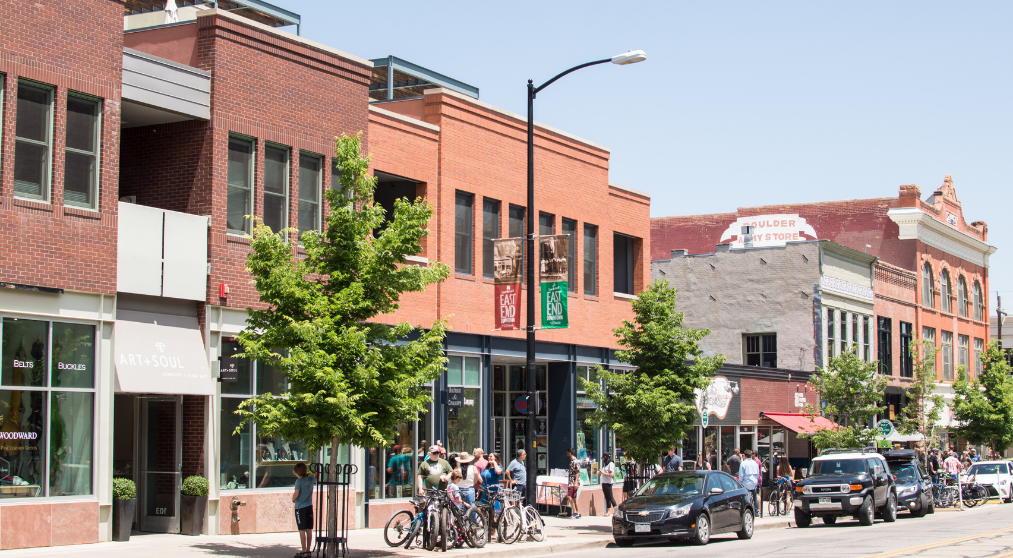As your business grows and matures, it is almost inevitable you will ask yourself whether to buy or lease space from which to operate. Ultimately, the choice you make can have a significant long-term impact on your business. While owning a building seems like something every successful business should do, that’s not always the case. For many companies, it makes more sense to continue leasing space, freeing up time and capital that can be better utilized in other ways. These are the top things to consider before buying a building for your business:
Capital Requirements
When purchasing a commercial property, it is important to not only consider the up-front capital in the form of a down payment (typically a minimum of 20% of the purchase price) but also the ongoing costs of operating the building such as:
- Taxes
- Interest and insurance expenses
- Maintenance
- Management fees (if applicable)
- Repairs or replacement of systems and infrastructure
These costs can be significant and oftentimes catch a building owner off guard. Proper planning and a disciplined approach for maintaining capital reserves to handle those unexpected costs are critical. Leasing a property, on the other hand, places the responsibility for all these costs on the building’s owner, freeing you up to focus only on making your monthly rent payment.
Relative Illiquidity
Consider the relative illiquidity of a commercial property. Should you need or want to sell your property for any number of reasons, it is crucial to understand that doing so could, and likely will, take a significant amount of time, and the building must continue being maintained during that time, which costs money. When leasing, on the other hand, your financial commitment is limited only to the number of monthly payments remaining on your lease.
Time Requirements
It is often advised that owning a building is almost like owning another business, especially if they intend to lease out part of it to other businesses. Besides the obvious maintenance, repairs and general upkeep of the property, there is quite a bit more to be done. These things can eat up precious hours that would otherwise be spent growing your business. The upside of this is with each hour you put into the building, you are building equity and long-term wealth as your asset appreciates in value. You’ll also protect yourself from rising lease rates and secure a location for your business for many years to come.
Oftentimes a building will be placed in a stand-alone holding company, so you’ll need to keep meticulous accounting records, provide them to your CPA and lender each year (or more frequently if required), file and pay taxes, maintain bank accounts and keep other required business filings up to date. With a leased building, you simply write a check for your rent, which is deducted as an operating expense on your company’s books.
If you plan to lease some of your building’s space to other tenants, the demands on your time will go up significantly due to the need to advertise the space for rent, screen potential tenants, prepare and manage leases, collect rent payments, handle additional wear-and-tear and maintenance on the building and deal with other inevitable issues that will arise by virtue of you being a landlord. You’ll also want to keep your tenants happy, as every month that space isn’t occupied and generating rent it will still cost you money. When you make the decision to become a landlord, you’ll quickly learn why many building owners opt to pay a management company to handle all the things that go with owning a building.
Knowing and understanding lending requirements for buying a property will help prepare you to make an informed decision that not only benefits your business but also gives you the confidence to know that whatever your decision, you made the best choice for you and your company.
For more information on buying a building for your business, contact our Commercial Real Estate Team.


